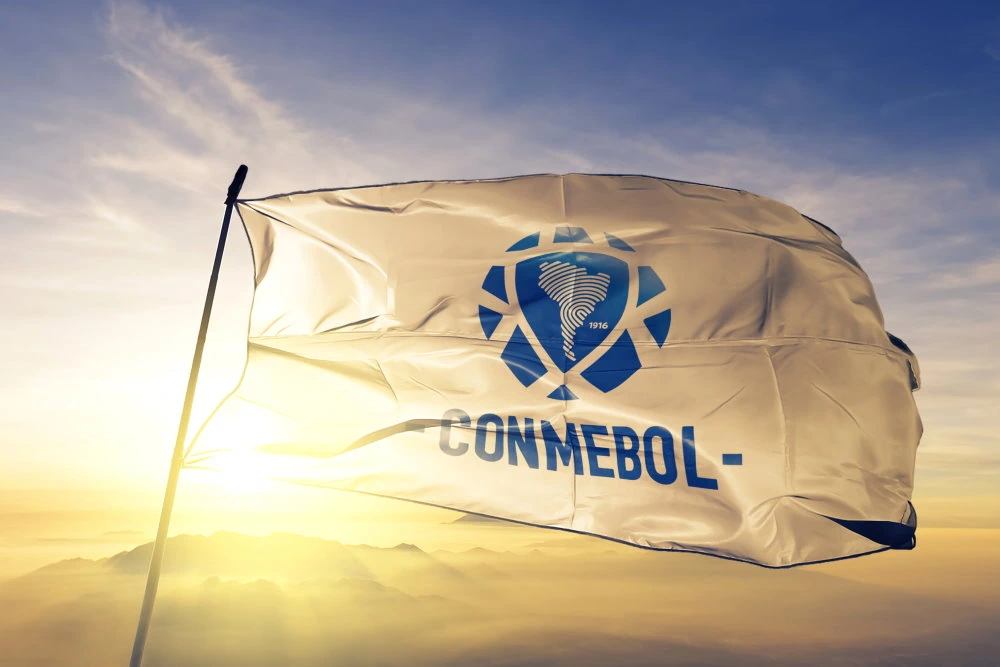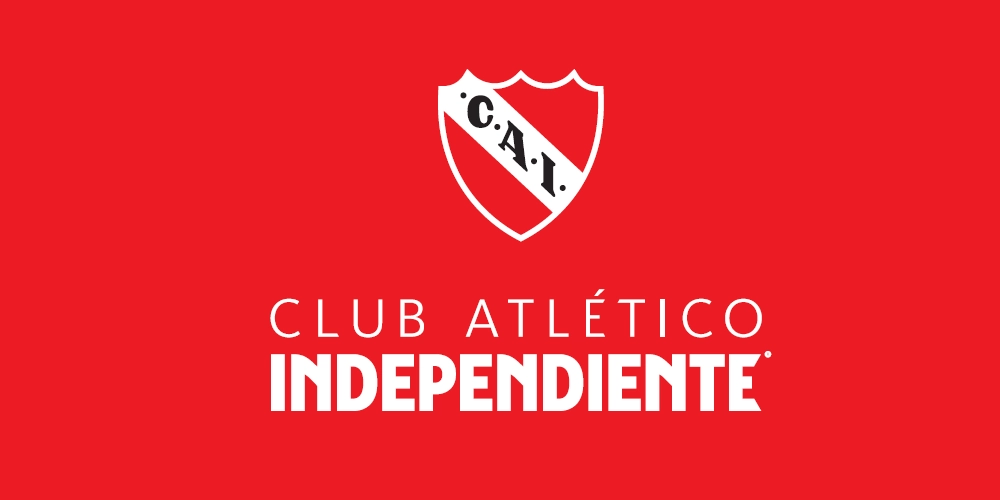The most successful clubs in the Copa Libertadores
The Copa Libertadores is the most important international club tournament in America and one of the most important in the world of football. The competition has a long history that has featured some of the best players in history and is known worldwide for its difficulty since each match can become a battle, especially in the first decades of the tournament. The brave part of the game is mixed with the classic technique of the South American player that ends up producing an extremely interesting competition.

1. Independiente, Argentina - 7 trophies
Today, the Avellaneda club is in a stage of reconstruction although it has not yet reached even remotely the height it achieved in the second half of the last century. At the beginning of the 60s, Independiente once again became champion of Argentina after more than a decade without doing so and earned the right to participate in the Copa Libertadores (at that time called the American Champions Cup).In the 1964 edition, they defeated Nacional of Uruguay in the final by an aggregate result of 1-0, highlighting that they defeated Santos de Pele (although without the Brazilian legend since he was injured) in the semifinals. That made Independiente the first Argentine club to win the competition. A year later, they would beat Uruguay's other big team, Peñarol, 4-1 on aggregate. In 1972, a streak of 4 consecutive Libertadores Cups for the club would begin (a record for the most editions of the cup won in a row), when they defeated Universitario de Perú, with Francisco Sá on the team, who years later would become the top winner in the history of the competition.
In 1973, the era of Ricardo Bochini, the club's greatest player, would begin, who would be the person most responsible for the pitching of those continental successes. It is worth mentioning that in 1973, Independiente became champion of the Intercontinental Cup by beating Juventus 1-0 with a goal from "Bocha". It would be in 1984, still with Bochini on the team that the "Rojo" would win their seventh and last Copa Libertadores to date, by beating Gremio 1-0 on aggregate. Curiously, Independiente won the 7 Copa Libertadores finals it played in, something that no other team on this list can boast.
2. Boca Juniors, Argentina - 6 trophies
Although Boca Juniors amassed most of its Copa Libertadores titles in the 2000s, at the end of the 70s, the Xeneize club had a streak of three tournament finals, specifically between 1977 and 1979. The first two were won against Cruzeiro (on penalties) and Deportivo Cali, respectively, and would lose the third against Olimpia of Paraguay. Francisco Sá was part of that team, accumulating the 6 cups that make him a record man. Strikingly, Boca would not reach a new final until 2000, already with Carlos Bianchi on the bench and with Juan Román Riquelme and Martín Palermo on the pitch.The rival in that final was Scolari's Palmeiras, which had players like Alex, Faustino Asprilla and Roque Júnior, and the overall result was a 2-2 draw. In the penalty shootout, Boca would win 4-2. The Xeneize club would play 4 of the first 5 finals of the Copa Libertadores of the 21st century, winning the 2000, 2001 and 2003 editions, all under the leadership of Bianchi. The sixth would come in 2007, with Miguel Russo as manager and again with Riquelme and Palermo on the pitch, in addition to other notable players such as Éver Banega and Rodrigo Palacio. Boca would beat Gremio 5-0 on aggregate in the final of that edition.
3. Peñarol, Uruguay - 5 trophies
In the 50s and 60s, the Uruguayan club was one of the best teams in America and that good moment coincided with the birth of the Copa Libertadores in 1960. Of the first 11 finals of the tournament, Peñarol played 6, winning the first two editions and that of 1966, led by the great Ecuadorian striker, Alberto Spencer.In the 1980s, the Uruguayan club would have another era of international success, beating Cobreloa of Chile in the 1982 final and America de Cali in 1987. In the latter, Peñarol was coached by a young coach named Oscar Tabarez and He faced a very tough rival who had names like Falcioni, Gareca and Cabañas. In 2011, the Uruguayans would again play a final of the Copa Libertadores, this time, against Santos of Neymar, Ganso, Elano, Alex Sandro, Danilo, etc. The Brazilians would win 2-1.

4. River Plate, Argentina - 4 trophies
After two failed attempts (1966 and 1976), it would be in 1986 when River would win the Copa Libertadores for the first time. Ruggeri, Pumpido, Alonso, Gallego and Funes were some of the main names of that team that beat America de Cali 3-1 on aggregate, in the midst of that streak of 3 consecutive lost finals for the Colombian team. In 1996, with Ramon Diaz on the bench, River lifted its second Copa Libertadores trophy against, again, America de Cali. That Millonario team had Hernan Crespo, Francescoli, Matías Almeyda, Juan Pablo Sorín and Ariel Ortega.During the Gallardo era, River would play 3 finals of the tournament between 2015 and 2019. The first was against the Mexican team Tigres de UANL (between 2000 and 2016 Mexican teams were invited to play in the tournament), where they would win 3-0 on aggregate, however, the 2018 final, against the great rival, Boca, is the most prominent. That final had a first leg in Argentina, which ended 2-2, and a second leg in Spain, at the Santiago Bernabeu stadium. After a 1-1 at full time, River became champion thanks to the goals of Juanfer Quintero and "Pity" Martinez on extra time. In 2019, the rival would be Flamengo although on this occasion, Gallardo's team would fall 2-1, with the two goals in the last minutes of Gabriel Barbosa.
4. Estudiantes, Argentina - 4 trophies
Estudiantes had its golden era in the late 60s and early 70s, highlighting that they became world champions by winning the 1968 Intercontinental Cup. Between 1968 and 1971, the La Plata club would play in the final of the Copa Libertadores in each year, winning the first three. That Estudiantes team had Carlos Bilardo and Juan Ramon Veron (father of Juan Sebastian Veron) as outstanding players and Osvaldo Zubeldia as manager. That base would be the one that would be consecrated on 3 consecutive occasions, beating Palmeiras, Nacional and Peñarol, in that order, as Bale would say.In 1971, they would be beaten 2-0 by Nacional from Uruguay in the playoff, after a 1-1 aggregate draw. It would not be until 2009 that Estudiantes would compete in a final again, again with Verón in the pitch, this time, Juan Sebastian. The rival was Cruzeiro de Ramires who, after a 0-0 draw in the first leg, Estudiantes won 2-1 in Brazil to become champion of the Copa Libertadores for the fourth time.
